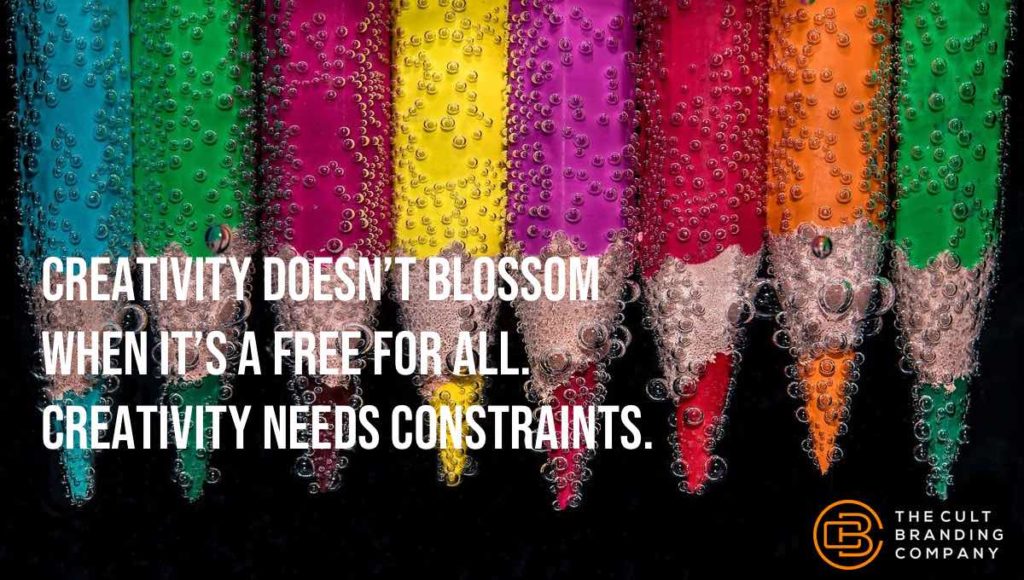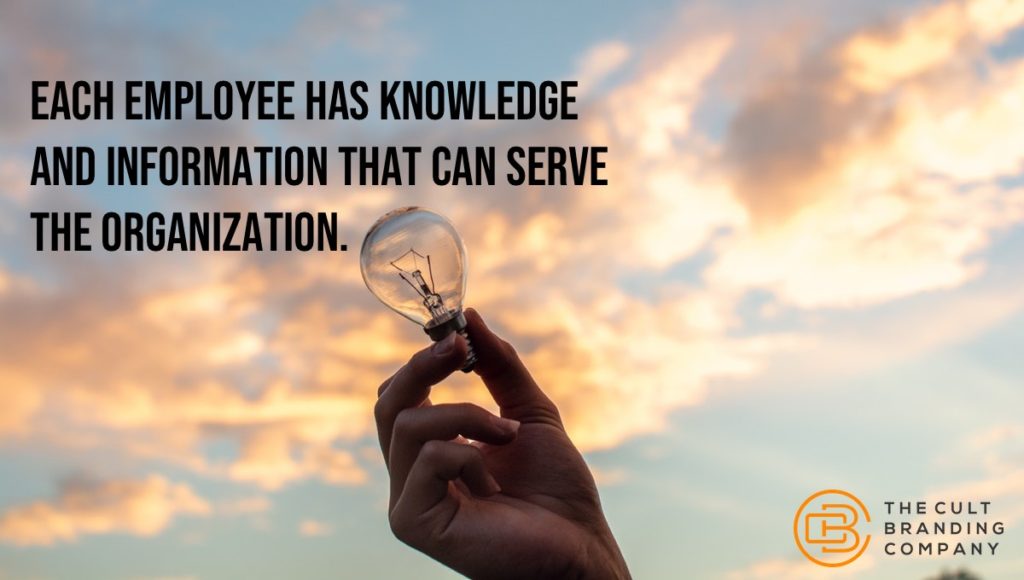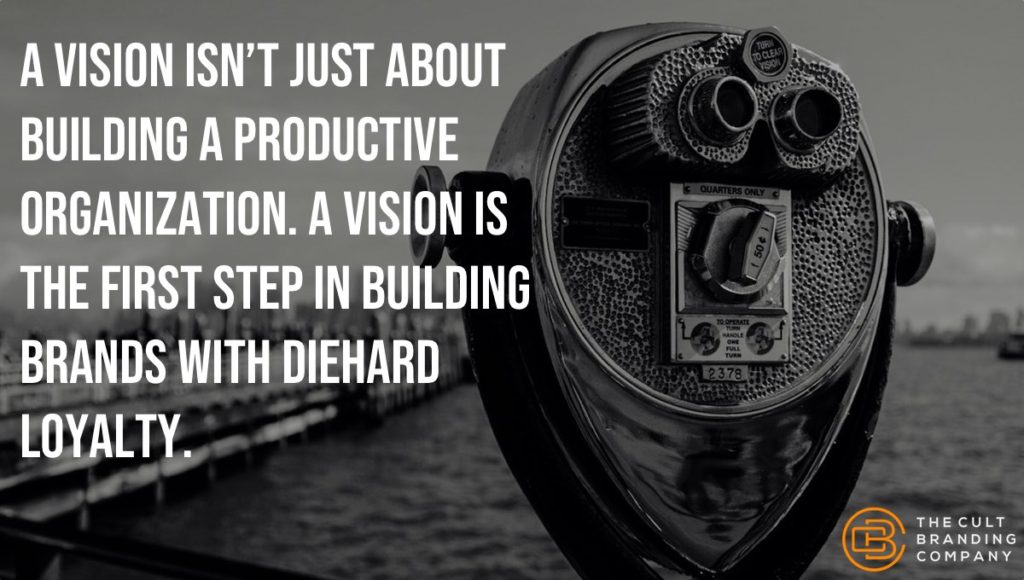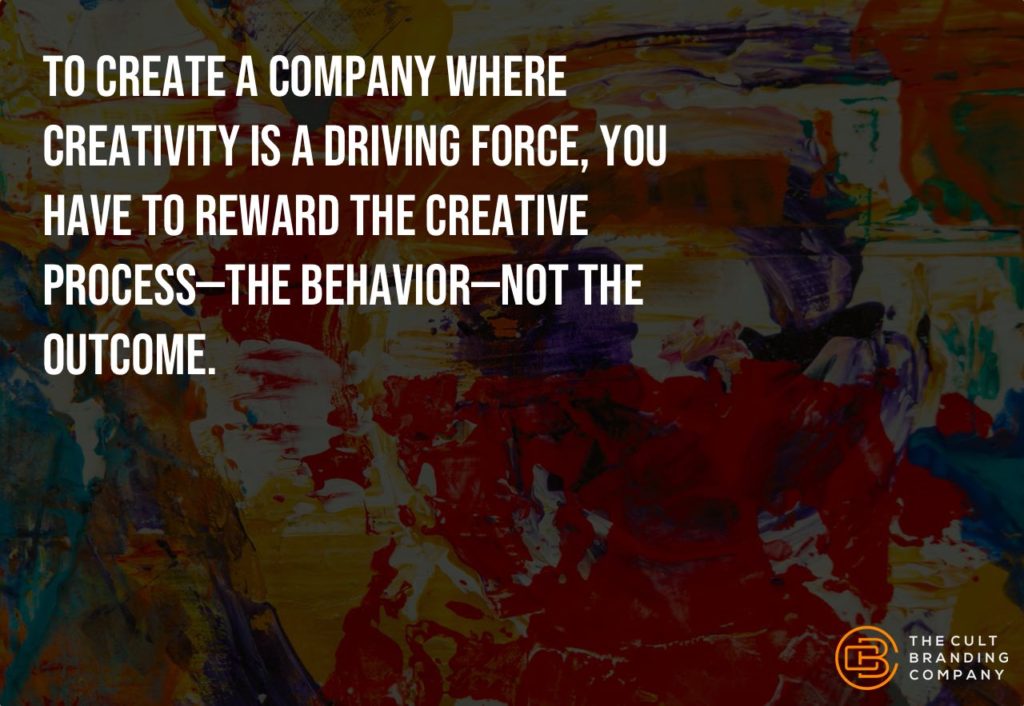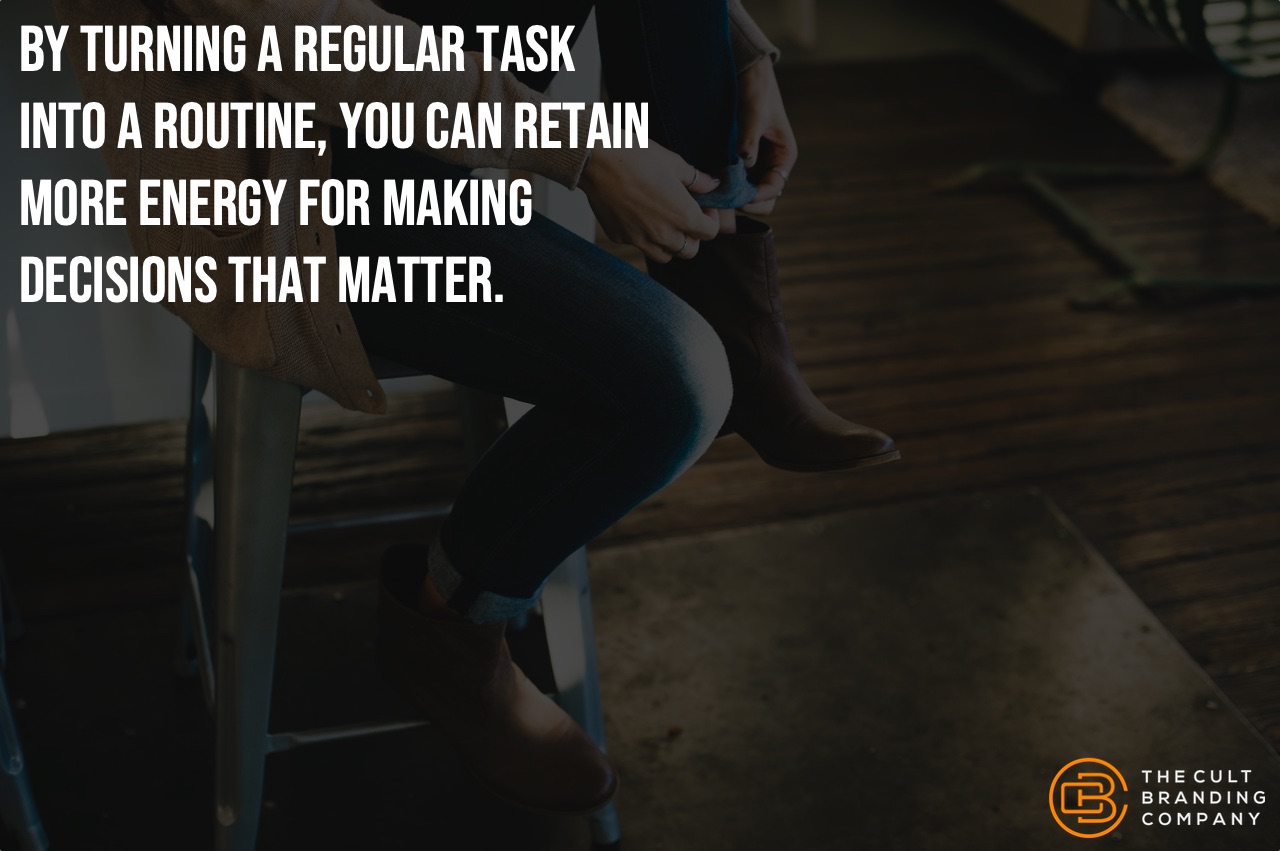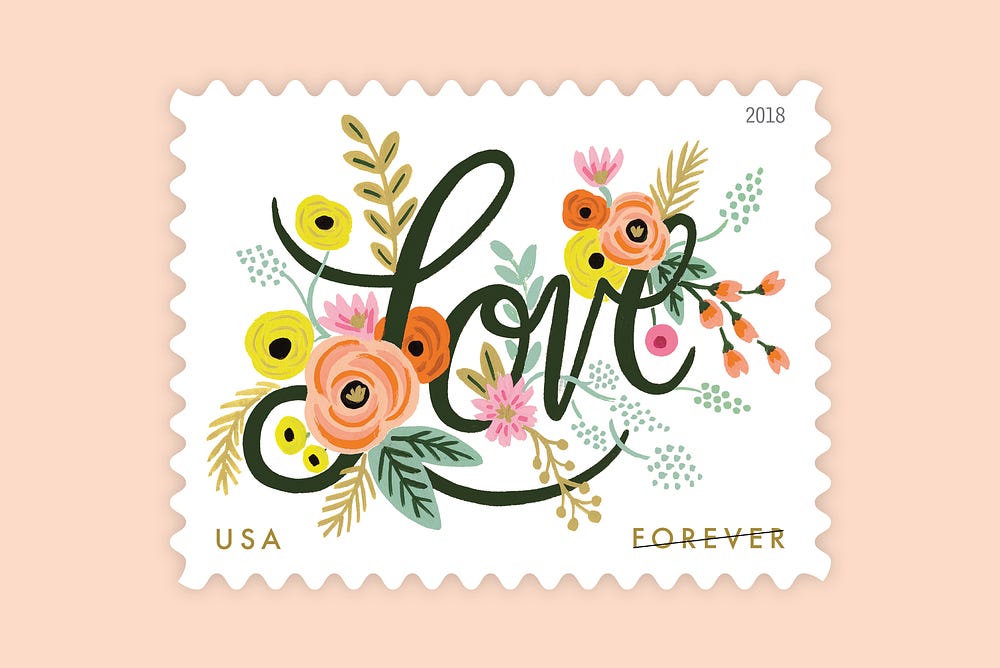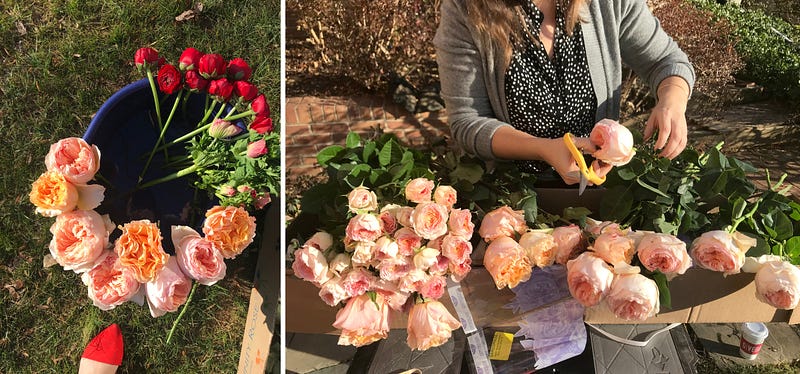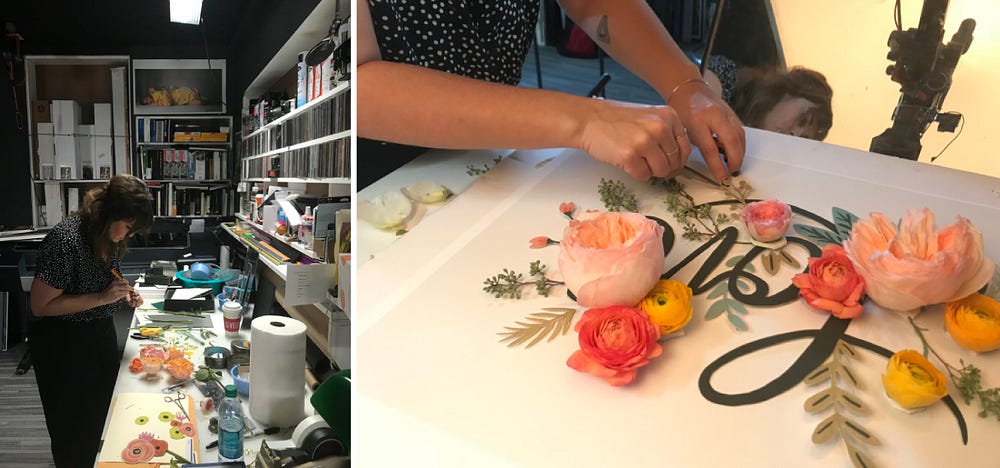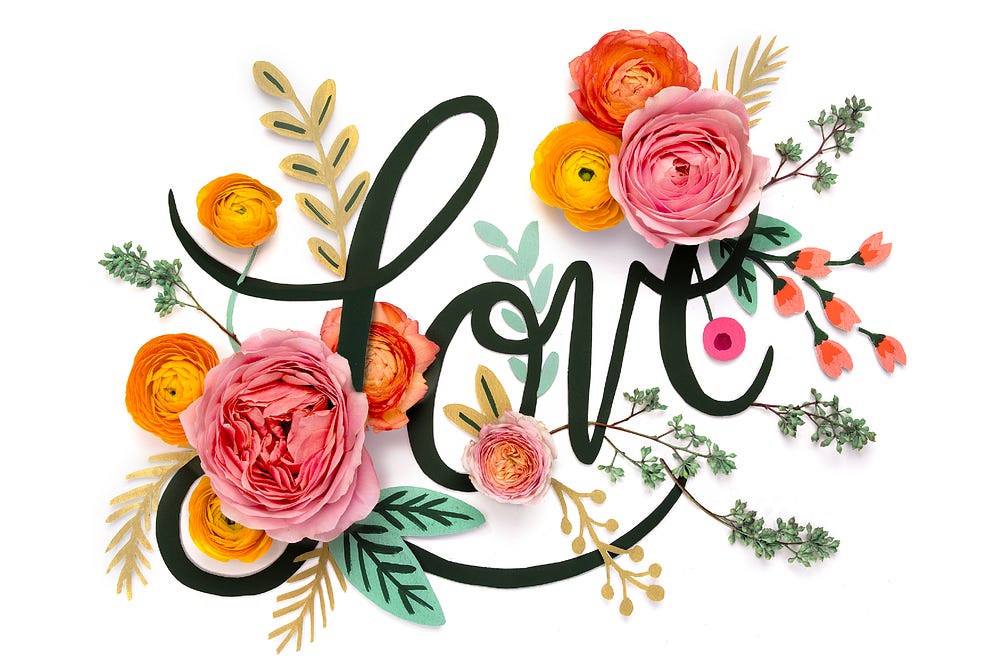Management guru Peter Drucker coined the term “knowledge worker” in 1959.
He differentiated knowledge workers from manual workers, forecasting that new industries will employ mostly the former.
Late in his life, Drucker wrote, “The most important contribution management needs to make in the 21st century is similarly to increase the productivity of KNOWLEDGE WORK and the KNOWLEDGE WORKER.”
Knowledge work emphasizes the need to solve an ever-changing host of problems. This non-routine, problem-solving ability requires an individual to be a creative thinker who can assimilate new information and share it with others.
Today, every employee can and should be perceived as a knowledge worker—part of the creative class. Each employee has knowledge and information that can serve the organization. Everyone has ideas that can uplift the whole.
A Shift Toward Collaborative Cultures
The traditional organizational structure with clearly defined positions and a hierarchy of command-and-control, however, inhibits the free exchange of ideas. Here, some individuals are paid to think while everyone else is paid to carry out orders.
Without broad input—without the sharing of knowledge among the collective—decisions are made in a vacuum. And, as a consequence, value creation suffers.
The goal, then, is to create a collaborative culture that promotes the sharing of knowledge. Here, information flows in multiple directions simultaneously and all employees are skilled at creating, acquiring, and transferring knowledge.
An organization that is successful in accomplishing this difficult feat will have an unprecedented edge over the competition.
5 Ways to Promote Learning in Your Organization
To accomplish this goal, leaders must establish and foster the conditions necessary for supporting their knowledge workers and become learning organizations.
Here are some of the necessary conditions for an environment where knowledge workers thrive:
1. Promote Employee Autonomy
Self-determination theory highlights that human beings are driven to be autonomous. This means fostering an environment where employees are self-directed and self-managed.
The responsibility for productivity must fall on the knowledge worker. As Drucker suggests, “Knowledge workers have to manage themselves. They have to have autonomy.”
2. Commit to Constant Learning and Improvement
Knowledge is perishable. “If knowledge isn’t challenged to grow,” Drucker explains, “it disappears fast.” Unlimited information access and full transparency are necessary but insufficient. Knowledge workers must also be empowered to leverage the free exchange of information, transforming it into higher understanding and the creation of new knowledge.
How can your organization design an environment that promotes new knowledge creation and collaboration where employees challenge each other (in nonconfrontational ways) to build on each other’s ideas?
3. Establish Psychological Safety
A consistent theme in humanistic psychology is that positive mental health and creativity are cultivated in environments where individuals feel psychologically safe. When employees fear being cut down or marginalized for disagreeing with a colleague or a manager, learning stops. When people are afraid to ask naive questions or own up to their mistakes, they shut down.
Corporate cultures that unconsciously promote a fear of failure can not develop a learning organization. Individuals must feel comfortable expressing their thoughts and feelings about their work. (Tools like the Six Thinking Hats Method can be helpful in this regard.)
Addressing this issue is no small task. Fear of conflict runs rampant in most organizations. The importance of building trust among employees and cultivating emotional intelligence are prerequisites that can’t be overstated.
4. Celebrate a Beginner’s Mind
This concept from Zen philosophy reminds us to adopt an attitude of openness to new ideas. Leaving preconceived notions and beliefs at the door when you enter into a dialogue or brainstorm with colleagues, helps individuals seek out new ideas and novel approaches to problems.
When employees are encouraged to adopt a beginner’s mind, they are more prone to explore the unknown and take risks.
5. Enable Time for Reflection
Learning and change can only occur when your people are given time to reflect. They need to have the time freedom to experiment and tinker around with new ideas and perspectives.
In a society that obsessively promotes “bigger, faster, better,” such reflective time is rarely valued. Instead, employees are overwhelmed or overstressed by deadlines and other pressures, which impairs both analytical and creative thinking. As a consequence, opportunities are missed, problems are misdiagnosed, and learning is compromised.
The 21st Century Learning Organization
You have an organization of knowledge workers. Taking steps to promote a learning organization will allow your company’s greatest asset—your people—to shine.
Today, it’s an imperative initiative for any business leader committed to competing and thriving in the years ahead.
_______________________


